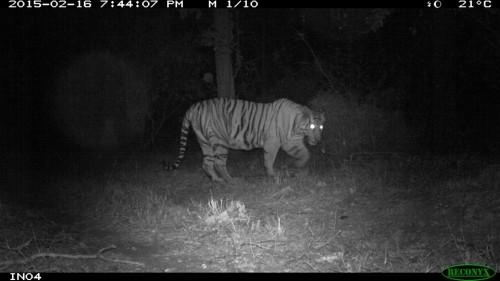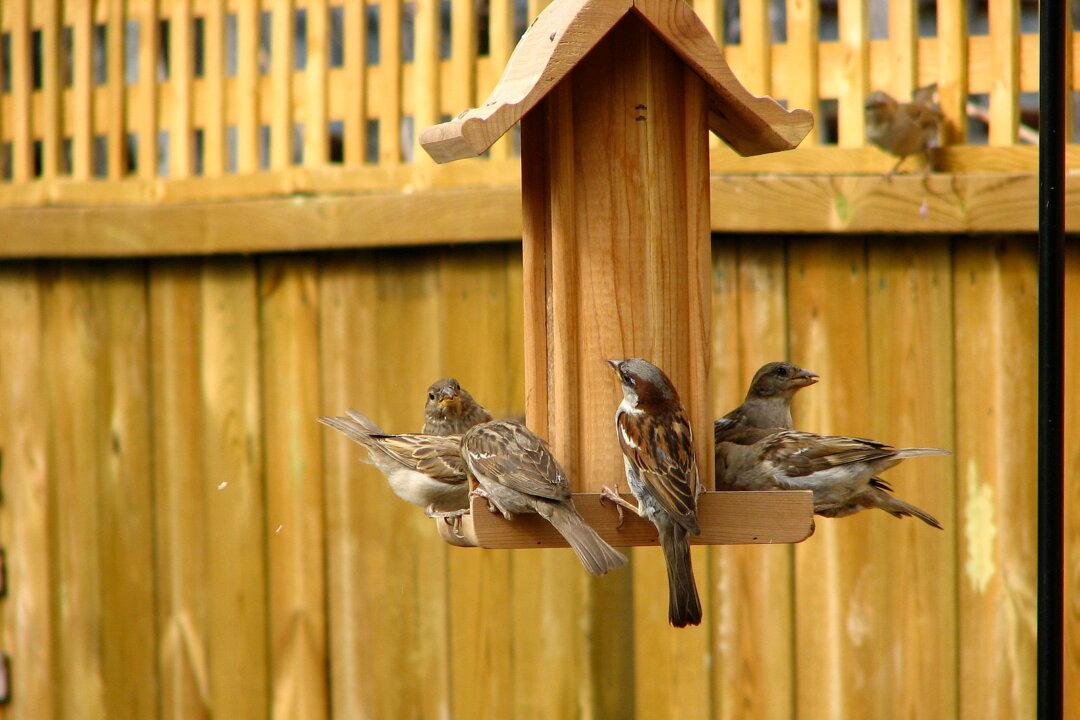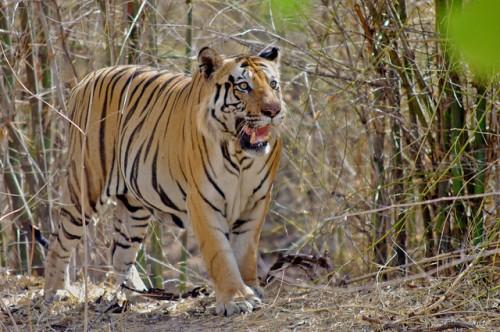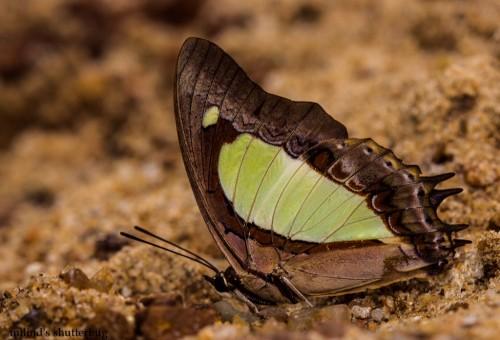Their brains may be pea-sized, but a new study on pigeons reveals that the bird shows remarkable intelligence in recognizing, categorizing objects, and even naming them, just like human children!
There is a similarity between the way pigeons learn the equivalent of words and the way children do, found Ed Wasserman and his team in a new study from the University of Iowa (UI). The research showed that the pigeons could categorize 128 photographs into 16 categories simultaneously.
The researcher adds that there were no elaborate measures taken to teach the pigeon words like the one done for other animals like primates, dogs, or parrots. The pigeons were taught like young children who learn to recognize a number of different objects and begin to understand which belongs to which category at the same time.
“Unlike prior attempts to teach words to primates, dogs, and parrots, we used neither elaborate shaping method nor social cues,” Wasserman says of the study, published online in the journal Cognition. “And our pigeons were trained on all 16 categories simultaneously, a much closer analog of how children learn words and categories.”
The Name Game
To understand how pigeon brains function, the scientists chose three pigeons that were shown 128 black-and-white photos of objects from 16 basic categories: baby, bottle, cake, car, cracker, dog, duck, fish, flower, hat, key, pen, phone, plan, shoe, and tree.
They then had to peck on one of two different symbols: the correct one for that photo and an incorrect one that was randomly chosen from one of the remaining 15 categories. The pigeons not only succeeded in learning the task, but they reliably transferred the learning to four new photos from each of the 16 categories.
Wasserman says the experiment was a modification of a 1998 project that stated that pigeons can recognize objects in different categories.
Animal Intelligence—Not Different From Humans
Wasserman has been studying animal intelligence for decades and said that the latest only proves that animals are much smarted than once presumed and for scientists like himself, there is much more to learn about animals and the way their brains function.
“It is certainly no simple task to investigate animal cognition; But, as our methods have improved, so too have our understanding and appreciation of animal intelligence,” he said.
“Differences between humans and animals must indeed exist: many are already known. But, they may be outnumbered by similarities. Our research on categorization in pigeons suggests that those similarities may even extend to how children learn words,” he said.
Pigeons have been long known as birds of great intelligence. There homing instinct has been used for sending messages across cities and countries. They have better eyesight than humans and have been trained by the U. S. Coast Guard to spot orange life jackets of people lost at sea. They carried messages for the U.S. Army during World War I and World War II, saving lives and providing vital strategic information.
The latest study adds to the knowledge and proves that even the learning ability of the bird is not very different from humans and the fact that human intelligence is not as unique as it is thought to be.
Expanding Knowledge
The UI researchers said, the same experiment can be conducted on other animals too, to understand their level of grasping information and applying it to memorize and categorize objects.
This is the first purely associative animal model that captures an essential ingredient of word learning—the many-to-many mapping between stimuli and responses.
“Ours is a computerized task that can be provided to any animal, it doesn’t have to be pigeons,” said UI psychologist Bob McMurray, another author of the study. “These methods can be used with any type of animal that can interact with a computer screen.”
As the experiment grows to understand how the brain works of other animals, it will hopefully help people accept that the superlative functioning of the brain is not necessarily a unique human trait.
The pigeons have already proven they are as good as children in learning new things.
Atula Gupta is the head administrator for indiasendangered.com. This article is republished with permission, original article at indiaendangered.com.



